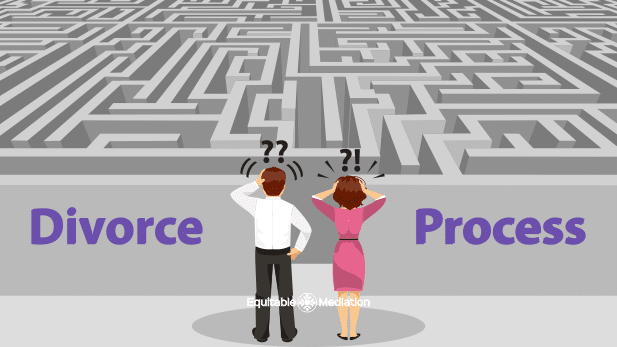Divorce is often an emotionally charged and challenging process, but choosing the right path for resolution can significantly impact the experience. Nowadays, divorce mediation has emerged as a preferred alternative to traditional litigation, offering numerous advantages that can make the process smoother and less contentious. However, it is essential to speak with a divorce lawyer from The Harris Firm to ensure that mediation is a viable method for you.
Below, we explore the key benefits of opting for mediation when navigating a divorce.
Cost-Effectiveness
One of the most compelling advantages of divorce mediation is its cost-effectiveness. In fact, litigation can be prohibitively expensive, with legal fees quickly adding up as court battles drag on. Mediation, on the other hand, typically involves fewer sessions, reducing costs significantly. So, by avoiding a lengthy court process, both parties can save money, which can be better utilized for rebuilding their lives post-divorce.
Time Efficiency
Mediation is generally a faster process than litigation. Court schedules can be unpredictable and lengthy, often leading to delays. However, mediation allows couples to set their own pace, with sessions scheduled at their convenience. This flexibility can lead to a quicker resolution, allowing both parties to move forward more swiftly. Moreover, the streamlined nature of mediation helps prevent the drawn-out battles that can occur in court, enabling a more efficient conclusion.
Reduced Emotional Stress
Divorce is inherently stressful, but mediation can help alleviate some of the emotional burdens. Unlike contentious court proceedings, mediation promotes a collaborative environment where both parties work together to reach a mutually agreeable solution. This approach fosters a more peaceful process, reducing the hostility and tension often associated with divorce. Moreover, by focusing on cooperation rather than conflict, mediation can lead to less emotional turmoil for everyone involved.
Control Over the Outcome
In mediation, couples maintain control over the decisions affecting their lives. Unlike a judge who imposes a decision in a courtroom, mediation empowers both parties to negotiate and decide on the terms of their divorce. This autonomy can lead to more satisfactory outcomes, as the solutions are tailored to the specific needs and preferences of the individuals involved. In fact, having a say in the final agreement can also enhance compliance and satisfaction with the results.
Improved Communication and Cooperation
Mediation encourages open dialogue and active listening, which can improve communication between the parties. This enhanced communication can be particularly beneficial in cases where ongoing interaction is necessary, such as when children are involved. By fostering better cooperation, mediation can help preserve relationships and lay the groundwork for a more constructive co-parenting dynamic. The skills learned during mediation can continue to serve the parties well beyond the divorce process.
Preserving Relationships
For couples with children, maintaining a respectful and amicable relationship post-divorce is crucial for effective co-parenting. Mediation helps preserve relationships by promoting a non-adversarial approach, reducing the likelihood of damaging interactions that can occur in court. By working together in mediation, parents can model positive problem-solving behaviors for their children, reinforcing the importance of cooperation and communication.
Flexibility and Confidentiality
Mediation offers unmatched flexibility in scheduling and structuring sessions according to the couple’s availability and preferences. This adaptability can make the process less disruptive to daily life. In addition, mediation is a confidential process, unlike court proceedings which are public records. This privacy can encourage more open and honest discussions, as parties can speak freely without fear of public exposure. The confidentiality of mediation allows couples to address sensitive issues in a safe and secure environment.
Conclusion
Divorce mediation provides a constructive and efficient alternative to traditional litigation. Its advantages, from cost savings and time efficiency to improved communication and flexibility, make it an appealing choice for many couples. So, by choosing mediation, parties can navigate their divorce with less stress and more control over the outcome, ultimately leading to a more positive and amicable resolution

